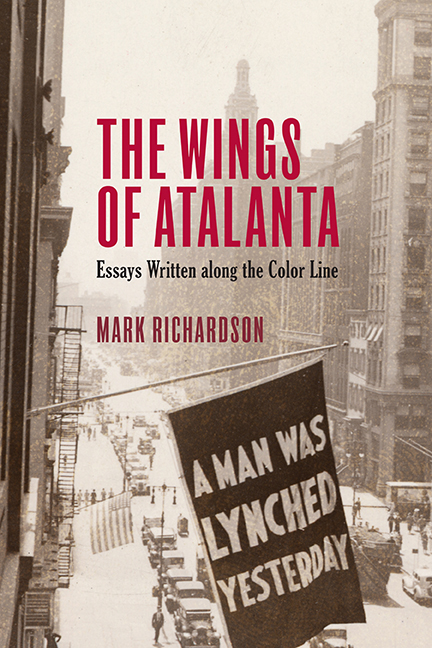Book contents
- Frontmatter
- Dedication
- Contents
- Acknowledgments
- Introduction
- 1 Frederick Douglass and the Philosophy of Slavery
- 2 W. E. B. Du Bois and the Redemption of the Body
- 3 The Mephistophelean Skepticism of Stephen Crane
- 4 Charles Chesnutt: Nowhere to Turn
- 5 Richard Wright: Exile as Native Son
- 6 Peasant Dreams: Reading On the Road
- Conclusion
- Notes
- Bibliography
- Index
6 - Peasant Dreams: Reading On the Road
Published online by Cambridge University Press: 26 June 2019
- Frontmatter
- Dedication
- Contents
- Acknowledgments
- Introduction
- 1 Frederick Douglass and the Philosophy of Slavery
- 2 W. E. B. Du Bois and the Redemption of the Body
- 3 The Mephistophelean Skepticism of Stephen Crane
- 4 Charles Chesnutt: Nowhere to Turn
- 5 Richard Wright: Exile as Native Son
- 6 Peasant Dreams: Reading On the Road
- Conclusion
- Notes
- Bibliography
- Index
Summary
We can learn something about the naive artist,” Nietzsche writes in The Birth of Tragedy, “through the analogy of dream. We can imagine the dreamer as he calls out to himself, still caught in the illusion of his dream and without disturbing it, ‘This is a dream, and I want to go on dreaming,’ and we can infer, on the one hand, that he takes deep delight in the contemplation of his dream, and, on the other, that he must have forgotten the day, with its horrible importunity, so to enjoy his dream” (32). Its Dionysian ecstasies notwithstanding, Jack Kerouac's On the Road (1957) belongs to the tradition of Apollonian art that Nietzsche conceives of here: an art of willful illusion sustained against the encroachments (as Nietzsche later puts it) of “a whole world of torment” (33). Kerouac's is the work of forgetting (as is Stephen Crane's, in its differing ways). But what intrigues me are precisely the residues of memory, the shaft s of daylight, that trouble this dreamer's sleep.
I am interested in whether or not On the Road finally believes, and in what sense it believes, in the mythology of America on which it depends— whether or not, by Kerouac's lights, the America he gives us forthrightly remains an imaginary realm. At times Kerouac seems directly to question the faith his narrator Sal Paradise has in all Dean Moriarty comes to represent: a peculiarly intense and charismatic masculinity, a vital relation to the body, cultural and spiritual authenticity, the promise of America itself. On the Road achieves, it may be, a certain distance from its own enabling myths, quite as if it were holding them up for scrutiny even as it plays them out. This has the effect of putting us and the novel itself in a strangely abstract relation to its ideological basis, which is why the problem of faith is crucial. On the Road constantly tests the limits of its own creed, but refuses, oft en poignantly, to abandon it. Kerouac's road novel outruns its own horizon and at the same time always fails to achieve escape velocity.
- Type
- Chapter
- Information
- The Wings of AtalantaEssays Written along the Color Line, pp. 238 - 258Publisher: Boydell & BrewerPrint publication year: 2019

